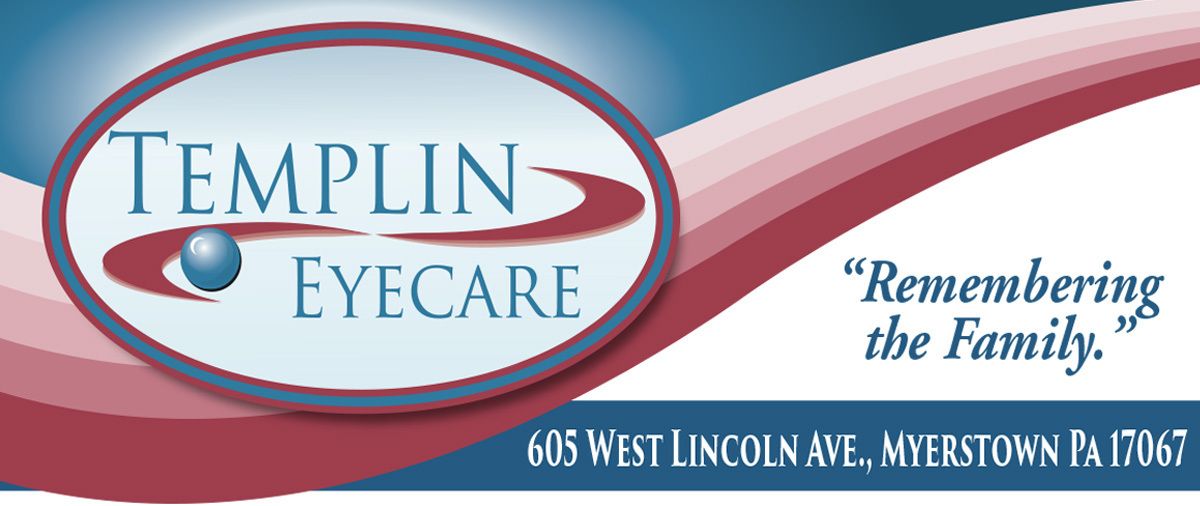
Covid special Care
With the COVID pandemic contact lens cleaning and disinfection procedures came into the spot light. Below is directly from the CDC website. There are many places to get your information, but the CDC and the American Optometric Association (AOA) websites are the best options in my opinion.
Contact lens wearers should continue to practice safe contact lens wear and care hygiene habits to help prevent against transmission of any contact lens-related infections, such as always washing hands with soap and water before handling lenses
People who are healthy can continue to wear and care for their contact lenses as prescribed by their eye care professional.
Is contact lens disinfecting solution
effective against COVID-19?
Should contact lens wearers take
special precautions to prevent COVID-19?
Currently there is no evidence to suggest contact lens wearers are more at risk for acquiring COVID-19 than eyeglass wearers.special precautions to prevent COVID-19?
Contact lens wearers should continue to practice safe contact lens wear and care hygiene habits to help prevent against transmission of any contact lens-related infections, such as always washing hands with soap and water before handling lenses
People who are healthy can continue to wear and care for their contact lenses as prescribed by their eye care professional.
Is contact lens disinfecting solution
effective against COVID-19?
- Hydrogen peroxide-based systems for cleaning, disinfecting, and storing contact lenses should be effective against the virus that causes COVID-19.
- For other disinfection methods, such as multipurpose solution and ultrasonic cleaners, there is currently not enough scientific evidence to determine efficacy against the virus.
- Always use solution to disinfect your contact lenses and case to kill germs that may be present.
- Handle your lenses over a surface that has been cleaned and disinfected.
Follow these healthy habits to wear your contact lens safely and help protect your eyes:
Don’t Sleep in Your Contact Lenses
Don’t sleep in your contact lenses unless prescribed by your eye care provider. Sleeping while wearing contact lenses has been shown to increase the chance of an eye infection by 6 to 8 times.
Replace your contact lenses as often as recommended by your eye care provider.
Wash Your Hands
- Always wash your hands with soap and water before handling your lenses.
- Dry your hands well with a clean cloth before touching your contact lenses every time.
- Keep contact lenses away from all water.
Properly Clean Your Lenses
- Rub and rinse your contact lenses with contact lens disinfecting solution—never water or saliva—to clean them each time you remove them.
- Don’t “top off” solution. Use only fresh contact lens disinfecting solution in your case—never mix fresh solution with old or used solution.
- Use only the contact lens solution recommended by your eye care provider.
Take Care of Your Contact Lens Case
- Clean your contact lens case by rubbing and rinsing it with contact lens solution—never water—and then empty and dry with a clean tissue. Store upside down with the caps off after each use.
- Replace your contact lens case at least once every three months.
Why? Read the science behind the recommendations.
Talk with Your Eye Care Provider
- Have a conversation with your eye care provider during your next appointment to discuss your contact lens wear and care habits and to help prevent eye infections.
- Visit your eye care provider yearly or as often as he or she recommends.
- Remove your contact lenses immediately and call your eye care provider if you have eye pain, discomfort, redness, or blurred vision.
Be Prepared
- Carry a backup pair of glasses with a current prescription—just in case you have to take out your contact lenses.
Find more information about how coronavirus spreads and how to protect yourself.
Visit CDC’s contact lens website for more information on healthy contact lens wear and care.

